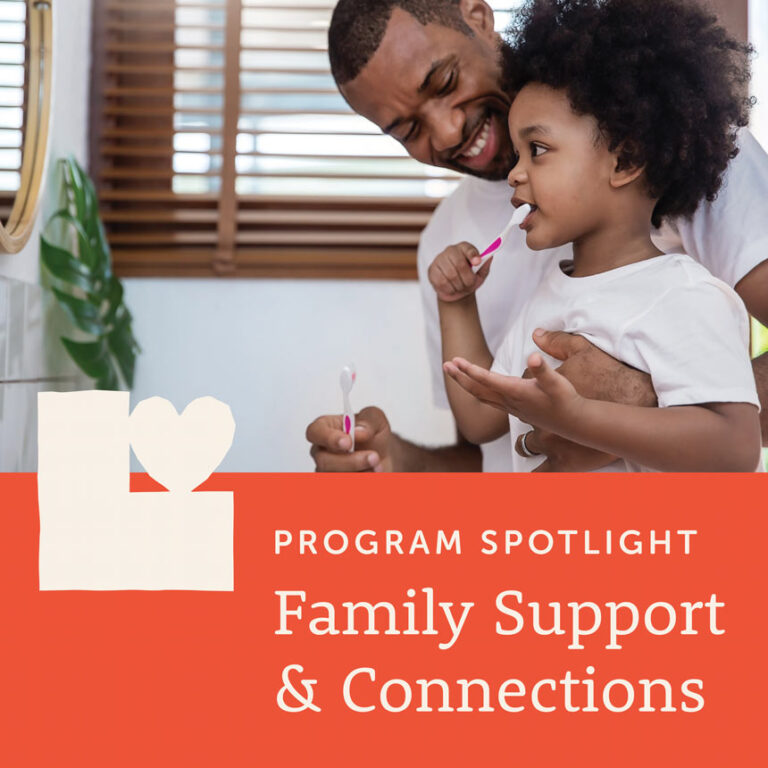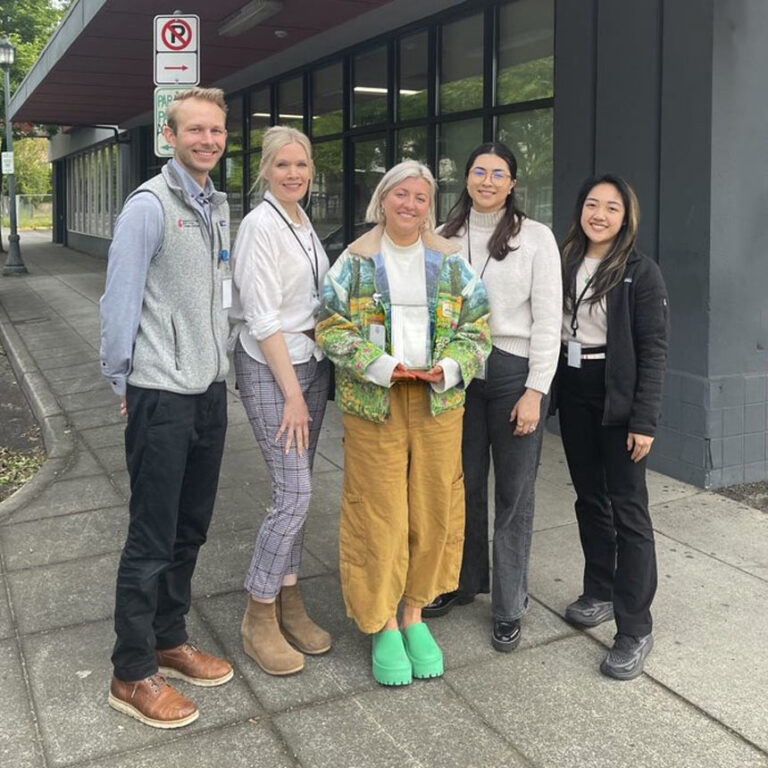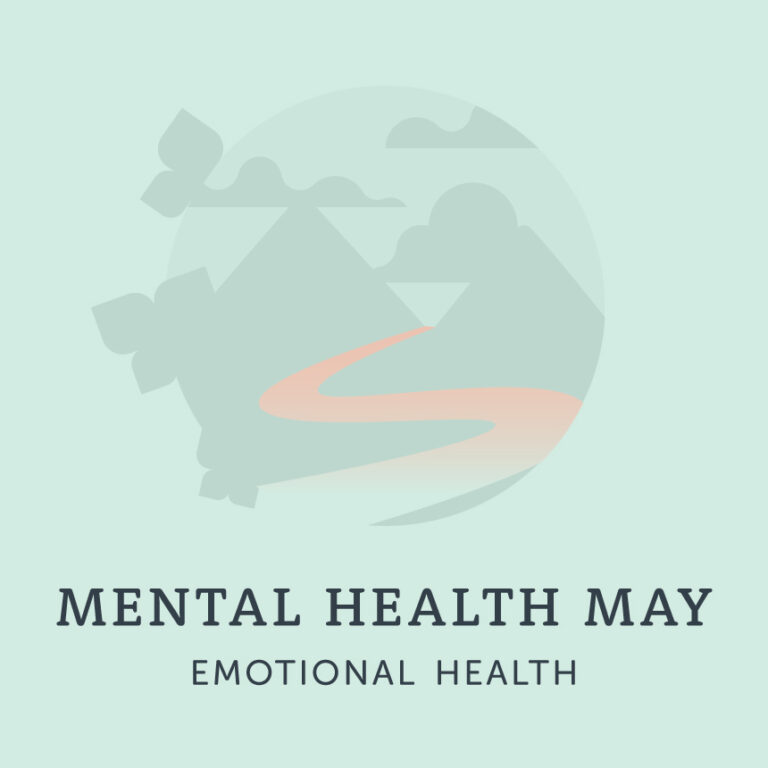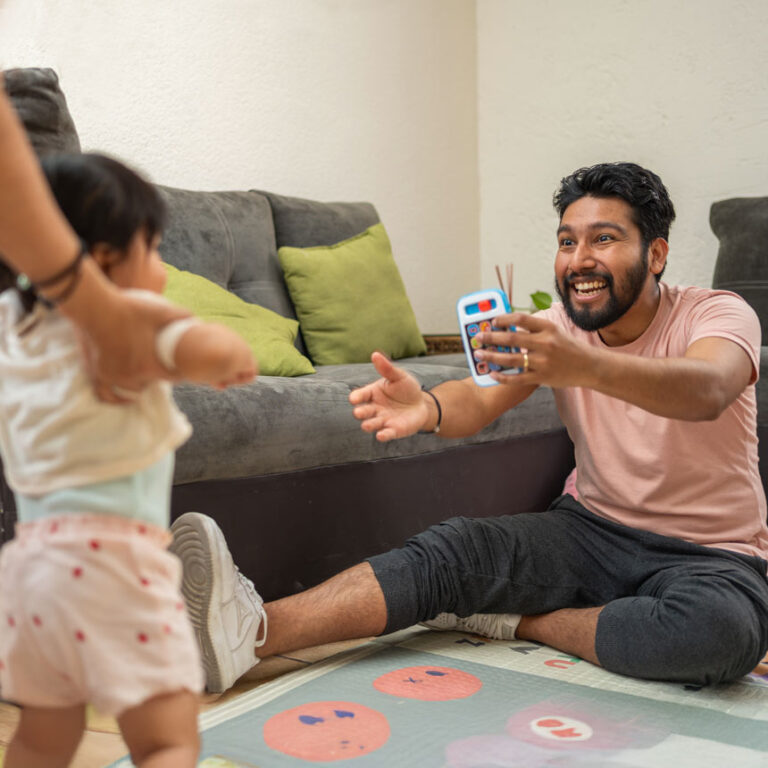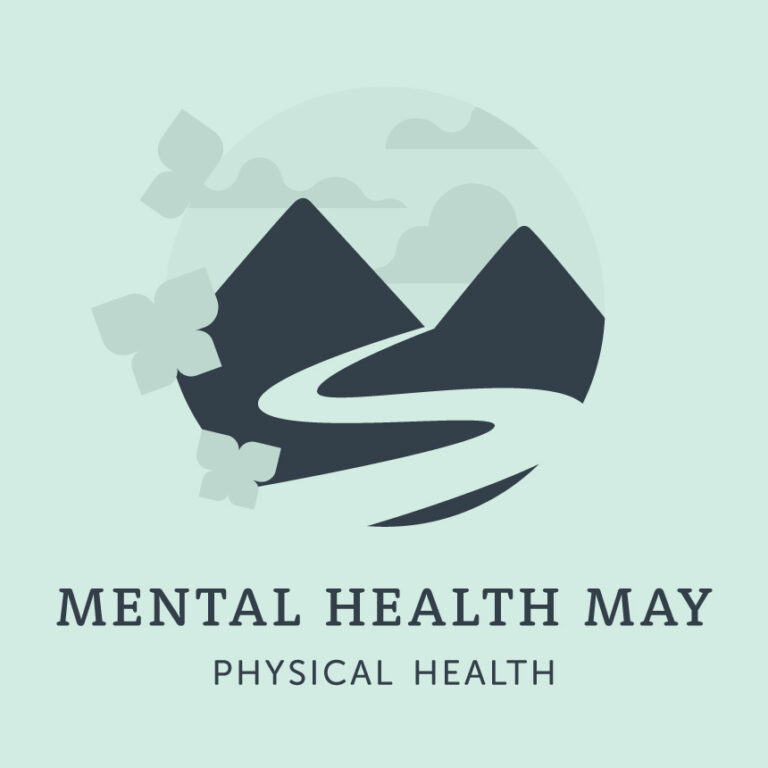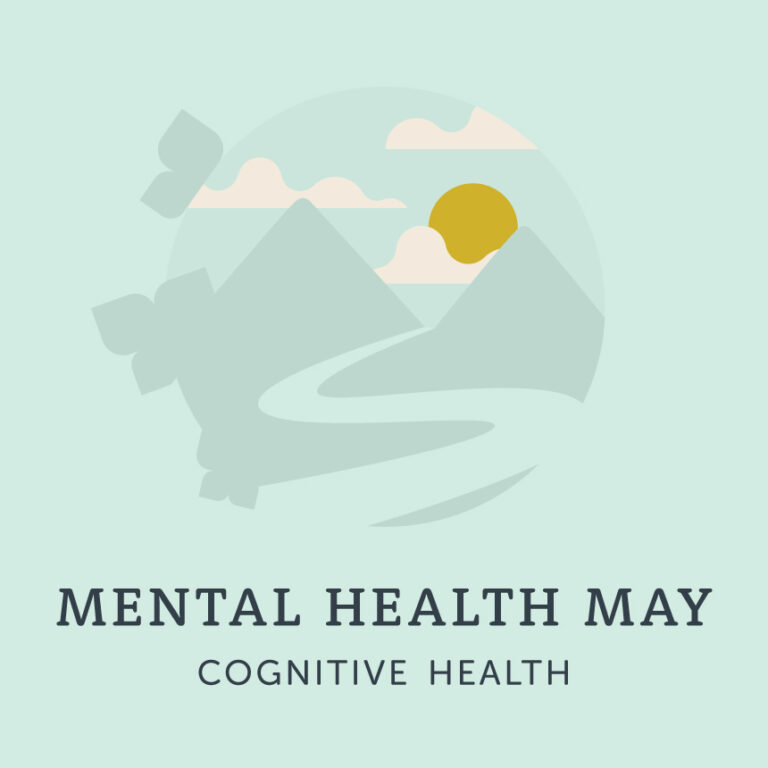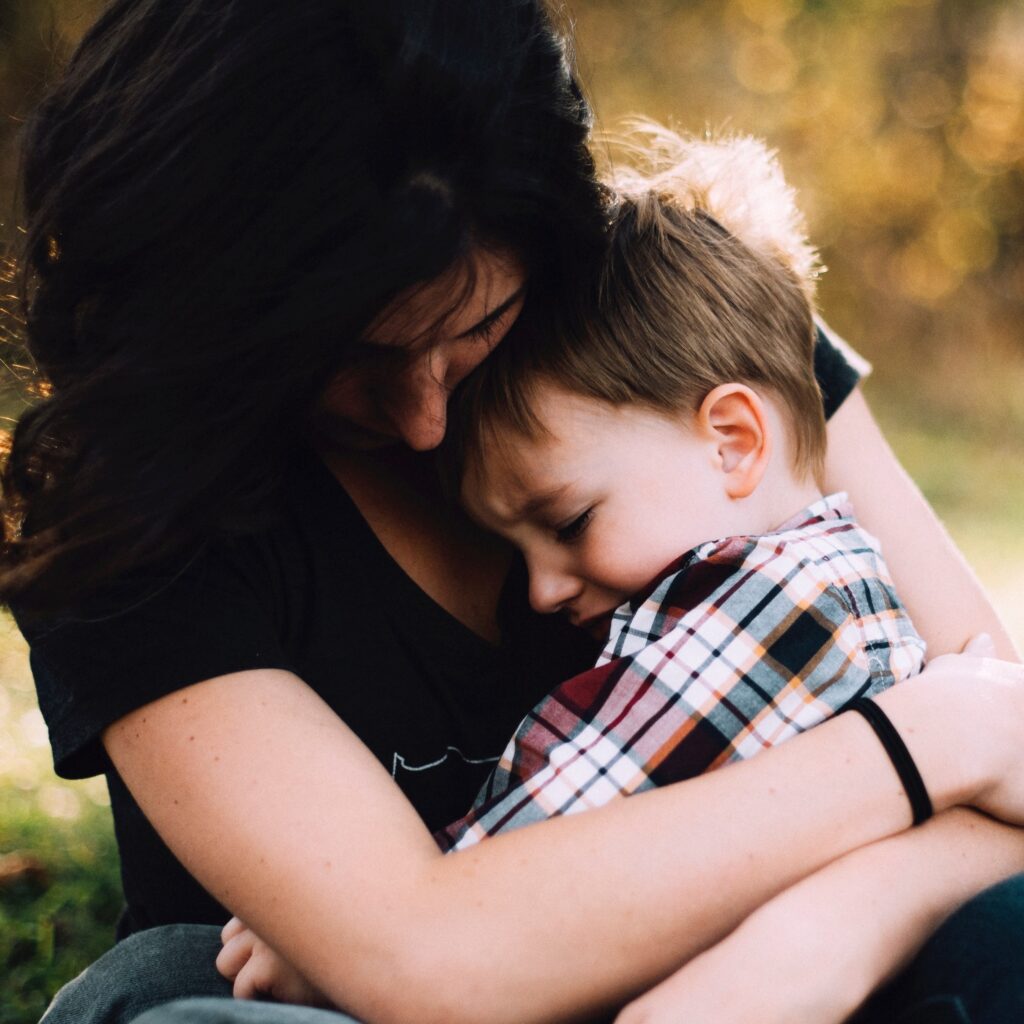
Recognizing when your child is experiencing mental health issues can be hard. There are many symptoms and situations to be aware of, and it is important to try to recognize these signs before they get worse.
Although every child is different and it can be difficult to pinpoint what is happening in their minds, these are some useful warning signs to be aware of. There are also resources available to you to help your child through a difficult time, such as child counseling.
Types of Mental Illnesses Children Can Experience
Anxiety
Generally speaking, anxiety disorders occur when a child doesn’t grow out of the typical worries and fears of small children, or when those worries and fears interfere with life activities.
There are different types of anxiety disorders, including separation anxiety, phobias, social anxiety, general anxiety, and panic disorder.
Anxiety can appear as worry, but it can also appear as irritation or anger in a child. Symptoms can also be mental and physical, like trouble sleeping or headaches.
Depression
Feeling occasionally sad is a natural part of childhood. Depression diagnoses come when a child is sad or uninterested in things that they used to enjoy, or feel hopeless about situations they can change, and the feeling doesn’t go away.
Depression can appear as ongoing sadness or irritation, not wanting to do fun things, changes in sleeping patterns, eating patterns, energy levels, or difficulty paying attention. In its more extreme form, it can also result in self-destructive and self-injuring behavior.
Attention-Deficit/Hyperactivity Disorder (ADHD)
One of the most common disorders of childhood, ADHD is when children have trouble paying attention, controlling impulsive behaviors, or are overly active.
ADHD can include behaviors like constant fidgeting, forgetfulness, taking unnecessary risks, talking excessively, and difficulty getting along with others.
Obsessive-Compulsive Disorder (OCD)
Having troubling thoughts, and feeling the urge to do something about them (even if it doesn’t make sense) is a normal part of childhood. OCD diagnoses occur when the unwanted thoughts and associated behaviors take up a lot of time, interfere with life activities, or make them very distressed.
OCD behaviors can include having unwanted thoughts that occur repetitively and cause distress, saying or doing something over and over again, or having to repeat things according to certain rules to make a thought go away.
For more information about these and other disorders, look at the CDC’s website for Children’s Mental Health.
General Signs to Watch Out For
A mental health warning signs can take some time to solidify, but here are some general signs and behaviors to watch out for.
Academic Issues
- Difficulty concentrating in class
- Lack of interest, especially in things that used to interest them
- Hard time making friends with other students
Social Behavior
- Isolation
- Not getting along with other children
- Changes in sleep or appetite
Family Issues
- Disobedient
- Not getting along with siblings
- Mood changes
How to Help
Talk to your child. Being calm with your child, even when they are acting out, lets you connect with them. Make sure your child knows you are there to help them, or listen if they need to talk. If this is difficult, even sharing an activity together can help them feel connected and safe to communicate.
A healthcare provider such as a family doctor, primary healthcare provider, or therapist can screen your child for mental health conditions or refer you to someone who can. If your child is diagnosed, then you can seek treatment. Typical treatments may include many of the following: our child and family services, therapy, lifestyle changes, and education measures.
Your support as a parent is also very important. Your child needs you most.
Learn More About Getting Help
No matter what, it’s important to be there for your child. Knowing the symptoms of a mental health illness can mean getting a solution into place early so that your child can continue to grow safely.
At LifeWorks NW, we help people get connected to the mental health resources they need. We offer a non-judgmental, supportive environment so that everyone feels safe and welcome. To learn more about how we can get your child counseling in Portland, check out our childhood mental health services and children’s outreach.




